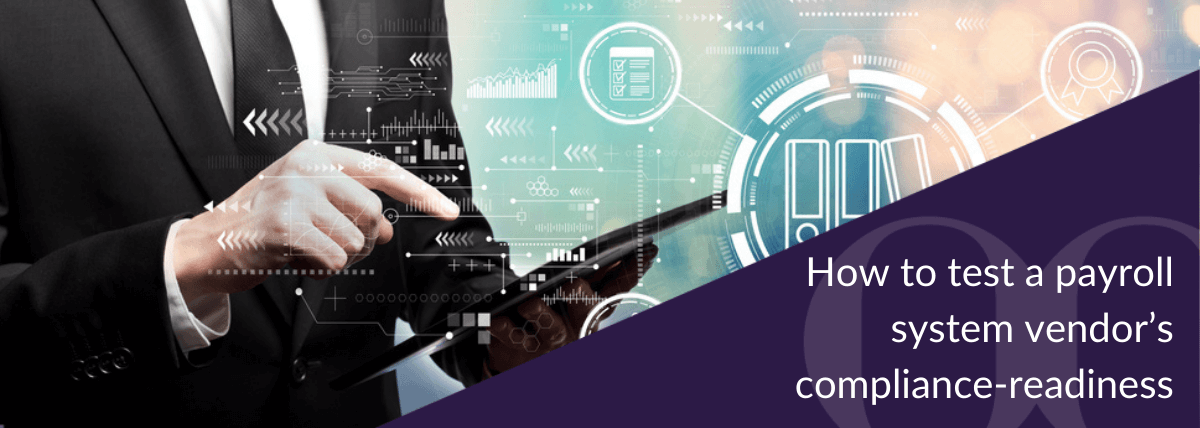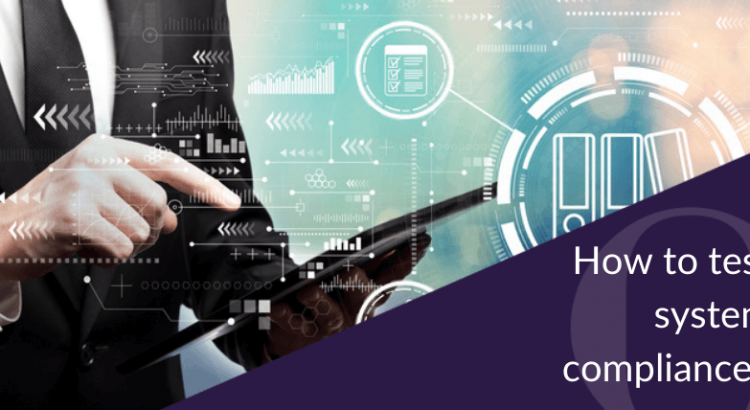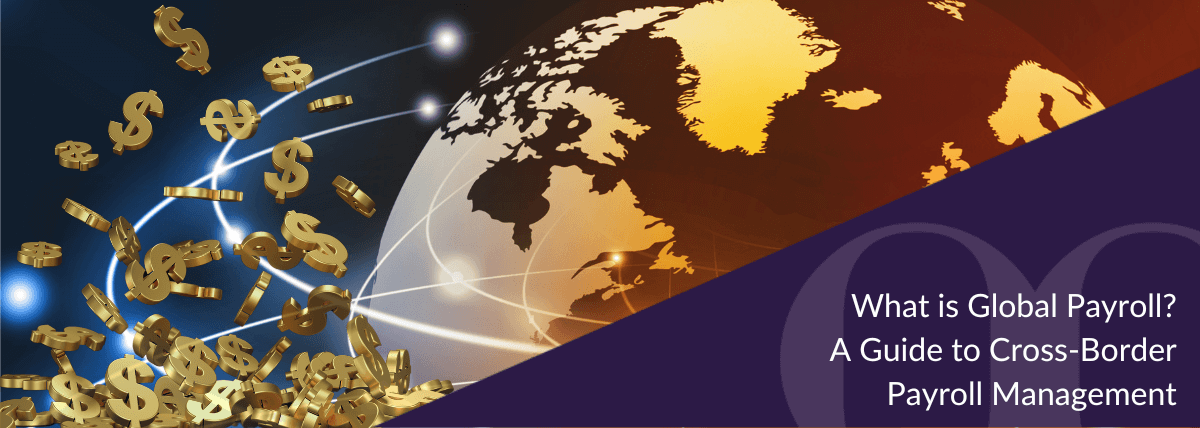2 Essential Questions to Test your Payroll Outsourcing Vendor’s Compliance-Readiness
Most HR professionals know not to overlook the quiet achievers in their company. These are the industrious individuals who consistently deliver quality work on time without demanding your attention. So often, it’s not until they’ve left the company that you realise their value.
The same is true when it comes to smooth, seamless payroll processing. Usually, payroll is the quiet achiever of HR and finance departments, but when things go wrong, the whole company suffers. Payroll errors can result in hefty non-compliance fines, reputational damage or employee dissatisfaction.
That’s why it’s vital to evaluate payroll outsourcing vendors on all of the qualities needed to efficiently process a compliant pay run. It’s especially important to assess how well they stay up to date with the ever-changing payroll compliance requirements in the Asia-Pacific (APAC) region.
To help you decide on the best payroll outsourcing vendor for your company, we’ve outlined some of the key considerations relevant to payroll in the APAC region. We’ve also introduced two must-ask questions to test vendors on how compliance-ready their payroll management really is.
Payroll compliance challenges in the APAC region
The APAC region is a dynamic, fast-paced environment to do business in. Labour and tax laws are constantly evolving which makes staying compliant more difficult.
Adding to the challenge is that many APAC countries have at least four regulatory bodies that influence payroll processing rules.
So you might think that you’ve updated your payroll system to factor in all of the recent tax, insurance, wage and pension legislation changes. Then you discover that an extra governing body (perhaps one you weren’t even aware of) just changed its employee record-keeping requirements. It’s enough to give anyone a headache.
Finally, add to this the APAC region’s extra layer of payroll complexity in the form of cultural business norms. While these customary norms aren’t legal requirements, you might find it difficult to source and retain talent if your HR department fails to meet them. For example, it’s common in Singapore payroll processing to include ‘13th-month pay’ – a single annual payment on top of an employee’s total annual wage. Again, this payment isn’t mandatory, but it is the cultural norm.

Another cultural norm is to bring pay run dates forward for significant holiday periods. For example, a company might have a regular pay date on the 25th of every month. In one year, however, Chinese New Year (also known as Lunar New Year) might fall on the 20th. In this case, a company will typically bring forward their pay run to an earlier date – for example, the 18th of that month.
Without the right processes, it can be easy to miss both important cultural and regulatory payroll requirements. It can also be easy to make mistakes in translating written legislative changes into a formula that your payroll system understands.
That’s why it’s crucial to ask two questions as you evaluate the compliance-readiness of any payroll outsourcing vendor.
01 What’s the vendor’s relationship with local authorities, and how do they maintain it?
When it comes to evaluating payroll outsourcing vendors, understanding the vendor’s familiarity with existing local payroll compliance rules is fundamental.
Every country has its own quirks and nuances. For example, part of payroll tax compliance in Australia involves withholding personal income tax from employees at source via payroll throughout the year. In contrast, employees in Singapore are responsible for filing and paying their personal income tax directly to tax authorities at the end of the year.
While it’s obviously essential for an outsourcing vendor to understand current compliance requirements, vendor evaluations all too often stop there without questioning compliance abilities any further.
Given the state of flux and complexity surrounding payroll regulations across the region, evaluators need a more accurate view of a vendor’s competency. They need to know how vendors stay up to date with changing payroll compliance requirements.
As you evaluate a vendor, ask them how they connect with local authorities to get updates on statutory changes that impact payroll. You want to understand their exact process for getting accurate, timely updates from all relevant authorities. You also want to understand how they communicate these changes to their staff.
A working knowledge of present compliance is one thing. A thorough process to stay on top of payroll updates and then translate them into accurate formulas for payroll systems is something else. And the latter can be the difference between a mediocre vendor and an excellent one. You want to work with a vendor who not only ensures that your company is compliant, but that it stays that way too.
02 How has the vendor dealt with previous non-compliance matters?
Everybody makes mistakes. It’s part of life. The best payroll outsourcing vendors are the ones who are happy to talk about any mistakes they’ve made and the lessons they’ve learned. You want transparency and honesty, because you’ll need both qualities if either they or your company makes a mistake.
Ask vendors how they’ve handled any statutory non-compliance in the past, and what the implications were for their client’s company. Experienced vendors will be willing to talk openly about this with you.
For example, there may have been a situation where tax was underpaid or overpaid. Let the vendor explain their process for addressing non-compliance issues, including:
- when they first discovered the problem;
- who they spoke to;
- what remedies they applied; and
- what measures they put in place to ensure that it wouldn’t happen again.

Choosing a compliance-ready payroll outsourcing vendor
Payroll compliance can be challenging for inexperienced outsourcing vendors in the APAC region for several reasons:
- Regulatory changes that affect payroll happen at break-neck speed.
- At least four different authorities per country make these changes.
- You need to factor in cultural business norms, not only to create successful, compliant pay runs but to attract and retain future talent.
This means it’s critical to quiz vendors on more than just their working knowledge of payroll compliance requirements. You also need to ask them about how well they understand local, cultural business norms, and how they stay up to date with, and then implement, any regulatory changes.
Learn more in our video on the evolving payroll compliance landscape in the APAC region.
Finally, when outsourcing something as sensitive as payroll, you want to work with sincere, transparent, open vendors who will tell you if something is wrong. Ask them about any mistakes they’ve made and the lessons they’ve learned.
If you’re looking to change vendors or are worried about payroll compliance in the APAC region, get in touch with our payroll solutions experts today.
They can help you to ensure your payroll management complies with all relevant legislation and customs in the areas in which you do business.




